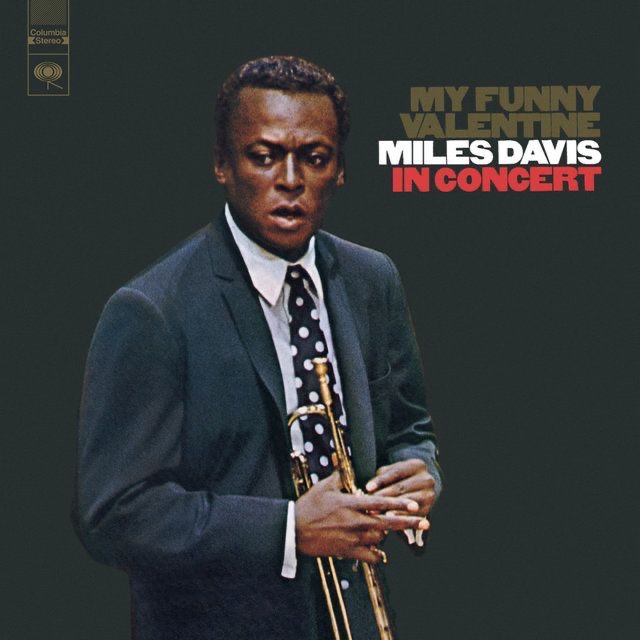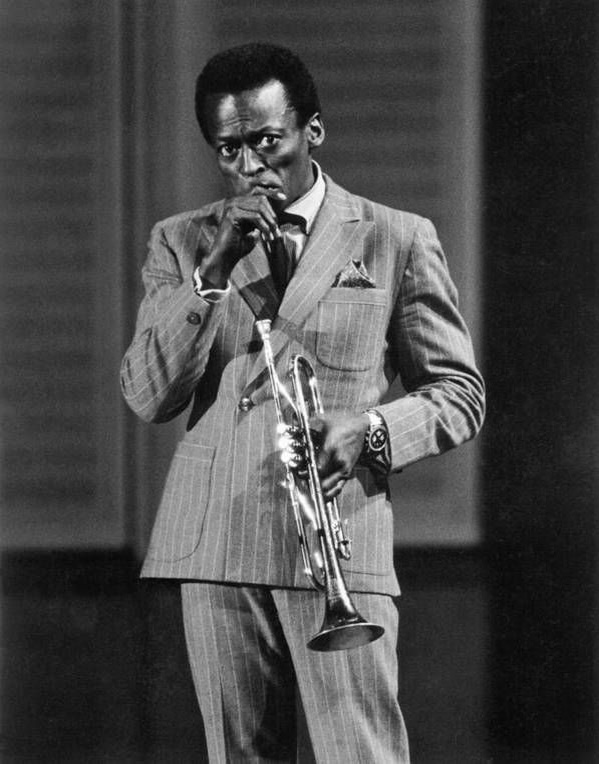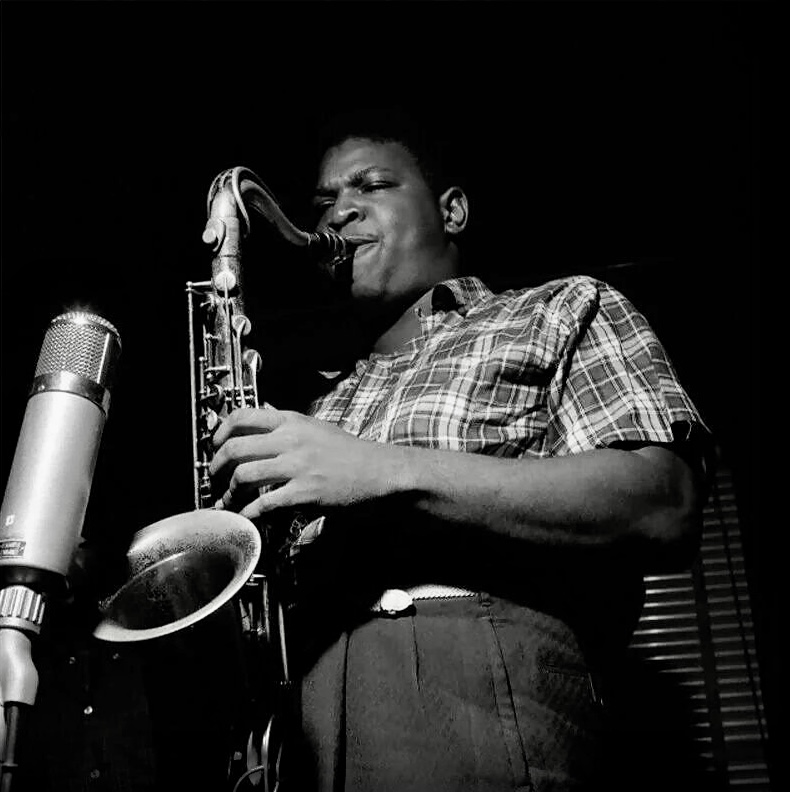Dive into the Power & Passion of ‘Tenor Madness
In the vast panorama of jazz, Sonny Rollins’ “Tenor…
The experience of listening to Miles Davis‘ “My Funny Valentine” has left me absolutely spellbound. This stunning live recording captures the quintet’s astonishing musical talent and emotional depth, serving as a testament to Miles Davis’ constant evolution and experimentation in his sound. The performance echoes and resonates with the listener, making it clear why Miles Davis is a true legend in the world of jazz.

The concert at the Philharmonic Hall at Lincoln Center on February 12, 1964, was a momentous occasion, held as a benefit for the Congress of Racial Equality (CORE) during the height of the civil rights movement. Alongside Miles Davis and his quintet, legendary acts like the Max Roach Trio, Thelonious Monk Quartet, and Oscar Peterson Trio also performed, uniting in support of racial equality and justice. This electrifying atmosphere, filled with anticipation and historical importance, further elevated the quintet’s performance on “My Funny Valentine,” infusing their music with a sense of purpose and urgency.
Miles assembled an impressive quintet for this performance, featuring George Coleman on tenor saxophone, Herbie Hancock on piano, Ron Carter on bass, and Tony Williams on drums. Before joining Miles, Coleman had played with B.B. King and Max Roach, while the prodigious Herbie Hancock was already making a name for himself as a rising star. Ron Carter had been an accomplished sideman, and the young Tony Williams was already creating a stir in the jazz world with his innovative drumming.
The musical style of “My Funny Valentine” is marked by its focus on ballads and slower tempos, displaying a level of introspection often not found in faster-paced performances. The album is rich with emotional depth and expressive solos, complemented by the lush harmonies that weave throughout each track.

Diving into the tracks, the album opens with the titular song, “My Funny Valentine,” a hauntingly beautiful rendition that instantly became my favorite. Miles’ trumpet is intimate and tender, Coleman’s saxophone weaves a delicate counterpoint, and Hancock’s sensitive piano fills the space between them. The musicians’ skillful interplay creates an atmosphere of vulnerability, which resonates deeply with the listener.
“All of You” presents a swinging rendition of the Cole Porter classic, showcasing the quintet’s rhythmic complexity. The track highlights the interplay between musicians, with Miles’ trumpet and Coleman’s saxophone intertwining effortlessly, and the rhythm section of Hancock, Carter, and Williams providing a solid foundation. The solos are exceptional, reflecting the individual musicians’ personalities and styles.

“Stella by Starlight,” a romantic ballad, draws the listener in with its lush harmonies and evocative solos. Miles’ trumpet sings with emotion, while Coleman’s saxophone adds a touch of melancholy to the performance. Hancock’s piano solo is a standout, conveying a deep sense of longing and introspection.
“All Blues” brings a bluesy feel to the album, with dynamic solos from Miles, Coleman, and Hancock. The powerful group performance reveals the quintet’s ability to delve into the essence of the blues while maintaining their unique, modern sound.
Closing the album is “I Thought About You,” a heartfelt ballad that showcases the quintet’s emotive power. Miles’ warm trumpet tones, Coleman’s lyrical saxophone, and Hancock’s exquisite piano work combine to create a beautiful, introspective finale.

Upon its release, “My Funny Valentine” received positive reviews, with critics and listeners alike lauding the album for its emotional depth and musicianship. The quintet’s captivating live performance resonated with audiences, and the recording has since become a beloved classic in the jazz world.
The legacy and impact of “My Funny Valentine” are still felt today. The album showcases a pivotal moment in Miles Davis’ career, reflecting his ongoing musical evolution. Additionally, it displays the quintet’s ability to captivate audiences through emotive power and exceptional musicianship. The album has continued to inspire generations of jazz musicians and listeners alike, proving its timeless appeal.
Beyond the music itself, “My Funny Valentine” had a profound impact on the careers of the quintet members. The concert solidified their status as leading musicians in the jazz world, with each member going on to achieve incredible success in their respective careers. The musicians’ individual contributions on this album helped shape the future of jazz, paving the way for countless innovations and creative expressions to come.
In conclusion, “My Funny Valentine” stands as a testament to the power of music to move us, to reveal our innermost emotions, and to transcend time and space. The album captures a singular moment in the history of jazz, forever immortalized by the exceptional talents of Miles Davis and his quintet. As I sit here, reflecting on the experience of listening to this masterpiece, I am reminded once more of the enduring beauty of jazz and the profound impact it continues to have on our lives.